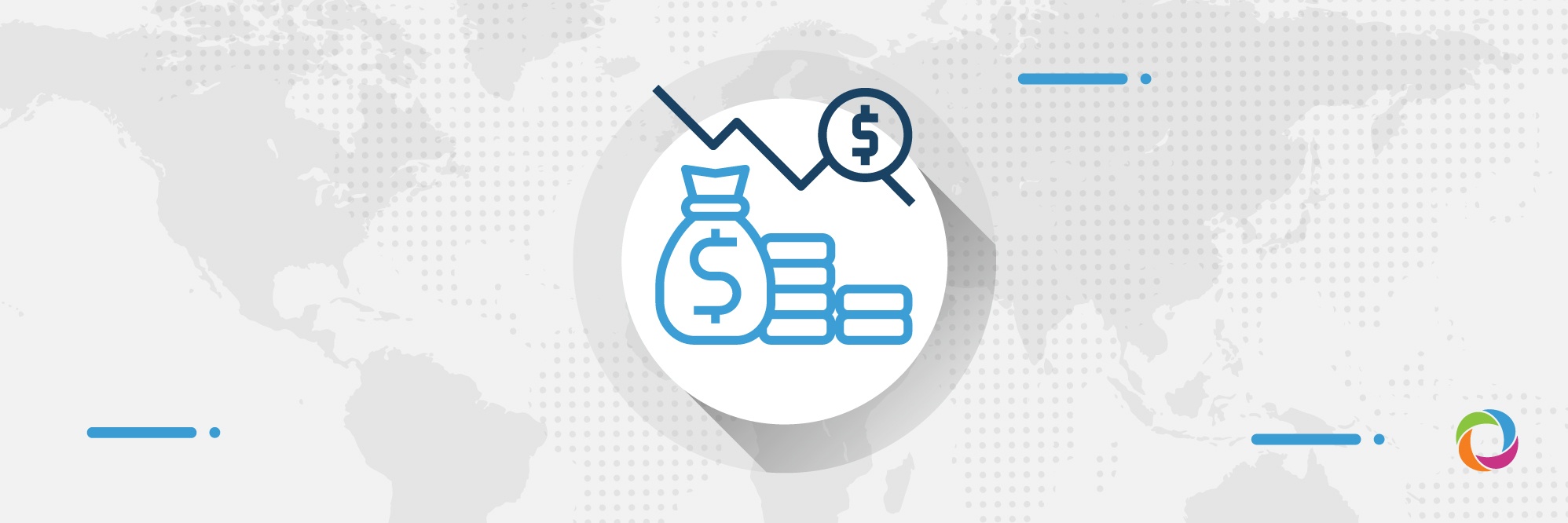The International Rescue Committee (IRC) has recently released its 2021 Emergency Watchlist warning that for many countries affected by humanitarian emergencies the situation has deteriorated significantly in 2020, with the worst still yet to come in 2021.
The IRC considered 20 countries that are experiencing the most serious humanitarian crises with people in need of urgent help. The organization warned that if these emergencies are not immediately addressed by the international community, millions of people will soon face unprecedented disaster.
According to the IRC, the top 10 countries impacted by devastating humanitarian crises are Yemen, Afghanistan, Syria, Democratic Republic of Congo (DRC), Ethiopia, Burkina Faso, South Sudan, Nigeria, Venezuela, and Mozambique. The 2021 Emergency Watchlist also mentions Cameroon, Central African Republic, Chad, Colombia, Lebanon, Mali, Niger, Palestine, Somalia, and Sudan as states that are particularly threatened with facing humanitarian disasters without urgent help.
The aid agency estimates that humanitarian emergency affects a total of 200 million people. Although the 20 countries listed by the IRC represent only 10% of the global population, they are home to 85% of all those who need humanitarian assistance. The Watchlist points out that the countries with the highest probability of an imminent humanitarian catastrophe in 2021 are Yemen, Afghanistan, Syria, DRC, and Ethiopia.
In terms of famine, countries most at risk are Yemen, Burkina Faso, northeast Nigeria, and South Sudan. The IRC also warned that women are and will continue to be particularly affected by poverty, unemployment, lack of schooling, and limited access to healthcare, not to mention gender-based violence. Women and girls now represent 70% of the entire population that is impacted by chronic famine.
The authors of the Watchlist caution that many countries are now impacted by unprecedented levels of hunger, poverty, and displacement that have never before been seen in their history. They estimate that 235 million people now need humanitarian assistance and 80 million have been displaced due to conflicts, violence, hunger, or poverty.
The IRC appealed to governments and policymakers to take urgent steps to tackle ongoing and imminent disastrous crises, warning that this list should be perceived as a wake-up call. The organization predicts that conflicts may spread further, resulting in even more damaging humanitarian implications.
Moreover, the IRC predicts that the number of non-COVID deaths and illnesses may exceed those caused by the coronavirus, as healthcare systems have become overwhelmed and unmanageable in many countries, thereby preventing them from addressing the needs of everyone who requires medical assistance.
According to the Watchlist, a rising death toll stemming from famine and food insecurity in 2021 in Yemen, Burkina Faso, Nigeria, and South Sudan is also expected. Ongoing conflicts in Afghanistan and the DRC are expected to increase the humanitarian needs of these countries over the levels seen in recent years.
The organization published alarming and incredible data showing that compared to 2015, the number of people requiring humanitarian assistance in Afghanistan grew by 385% and in the DRC by 275%. Furthermore, IRC predicts a rise in violence in both countries in 2021. The organization emphasized that humanity has experienced a dramatic surge in the number of conflicts that lead to humanitarian crises with the number of internationalized civil conflicts having increased by 600% since 1990.
The International Rescue Committee was founded in 1933 at the call of Albert Einstein and operates in over 40 countries and over 20 U.S. cities. In 2019, the IRC provided health services to more than 19 million people and improved water supplies to more than 1.7 million people. The organization’s website claims that nearly 1.5 million children could access quality education thanks to IRX staff and volunteers.

